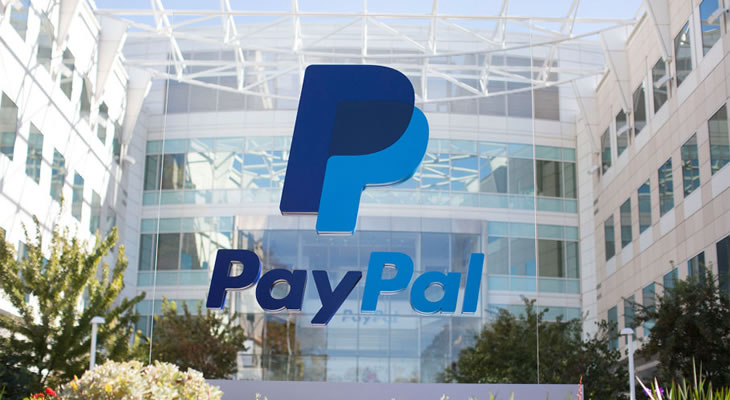Managed WordPress hosting is where the hosting company takes on the responsibility of technical expertise for your WordPress site. This normally includes upgrades, updates, and in some cases, fine-tuning of your WordPress installation.
The result is often a more smoothly running WordPress site, freeing up some of your time and effort as the site owner. The downside is that by offering these services, web hosts increase their overhead and pass on those costs to you, resulting in hosting plans that cost more than the usual no-frills shared hosting.
Not having to look towards technical issues frees you up to focus on your core business, which should be attracting visitors to your site. You will have more time to spend on building excellent content or develop ace marketing plans and strategies.
The question, as often it does, boils down to whether you can or should afford to pay the extra dollars that Managed WordPress hosting will cost.
Why Manged WordPress Hosting Exists?
WordPress has become the most popular Content Management System (CMS) today holding around 60% market share in an extremely competitive environment. This translates into roughly 34.5% of all websites on the Internet today – a significant number.
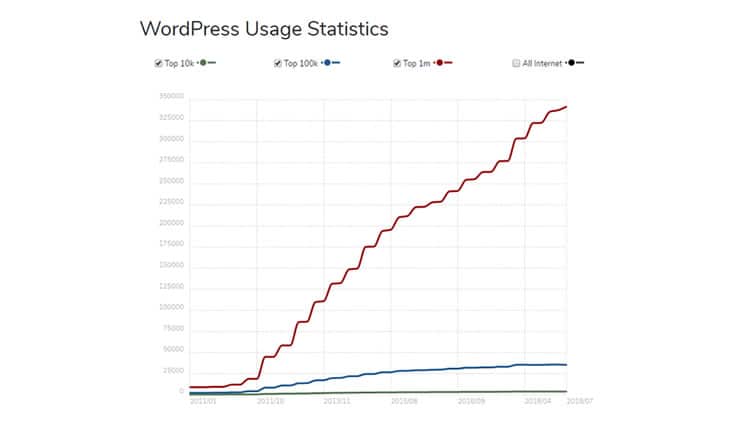
The reason for its popularity is not just ease of use but the fact that it is highly modular. It has the capacity to allow individual users to build as many or as few functions into their website as they please and at any time.
Because of its popularity, many web hosting service providers have built specialized plans offering WordPress hosting. Not all are just about the resources though. There are two distinct categories of WordPress hosting plans that users need to be aware of; Unmanaged and Managed.
The reason for its popularity is not just ease of use but the fact that it is highly modular. It has the capacity to allow individual users to build as many or as few functions into their website as they please and at any time.
Because of its ease of use and flexibility, many new website owners are opting for WordPress. Unfortunately, not all of them will have the technical capabilities to manage the platform their site will run on.
Also Read
This is especially true for small business owners who have limited resources but want to capitalize on the digital trend. Imagine the solo entrepreneur who wants to have a digital presence for his business but still must deal with the rest of his operations and you can visualize one of the ideal candidates for Managed WordPress Hosting.
As an overview, Managed WordPress hosting can help;
- Save time on technical issues
- Potentially improve site performance
- Offer you strong support services when needed
- Give you time to focus on your core competencies
What Does Managed WordPress Hosting Offer?
Managed WordPress hosting is often the crown jewel of many website hosting services. It is a chance for hosting companies to demonstrate their industry leadership in an area that is highly sought-after by customers. Some web hosts like WP Engine and Kinsta have built their entire businesses around nothing but WordPress hosting.
The first thing that is special about these plans are the extra services that come along with them. These services can include many things ranging from automated backups to special WordPress-specific support staff who are experts in the field.
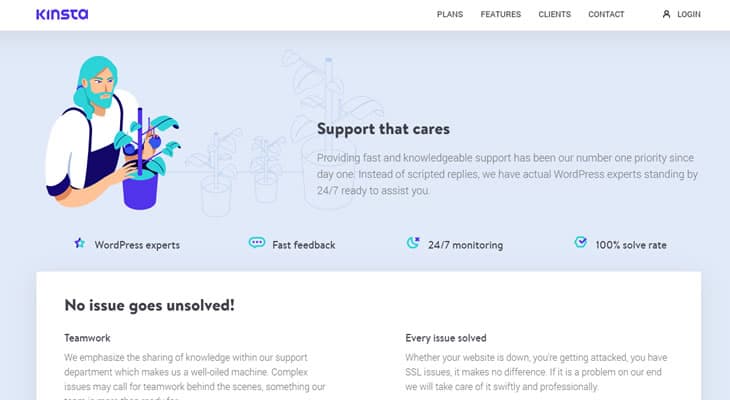
In general, what you can expect would be:
- Increased overall performance and reliability
- Better security
- Specialized customer support
- WordPress-specific optimizations
- Automated Updates and backups
And more.
The term ‘managed’ comes about because many of these features are necessary on WordPress installations. Normally you would have to do it yourself but, in this case, the hosting company steps in and manages them for you.
Having run unmanaged WordPress hosting accounts for years, I can tell you that on average, you can expect to spend a fair chunk of your time on updates and upgrades – not to mention fine-tuning for performance. And that’s not considering the time wasted on fixes when your website breaks down.
Opting for managed WordPress hosting can help you improve your site performance while leaving you free to focus on the core business of running your website. Of course, these services come at a price, but even this can vary depending on what the host exactly offers.
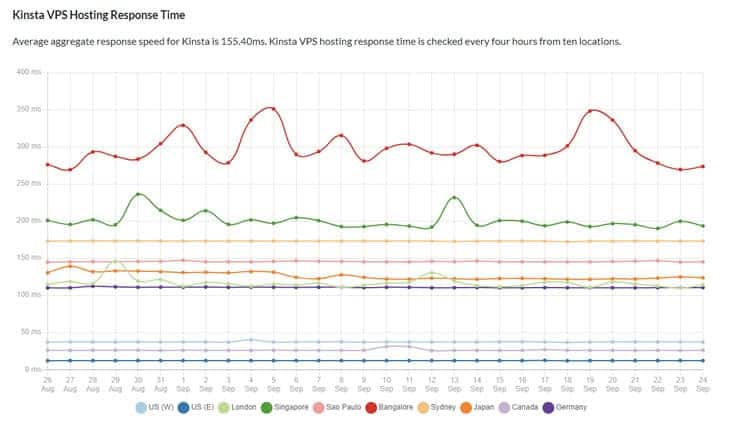
Managed vs Unmanaged WP Hosting
For those who are contemplating unmanaged WordPress hosting you shouldn’t overly worry though. Doing the basics may take you some time but it still is possible on your own. In fact, some areas such as backups and performance enhancements can even be done easily thanks to the modular nature of WordPress and the plethora of plugins available.
Hosting Features: Managed vs Unmanaged WP Hosting
[ninja_tables id=”1561″]
As you can see, Managed WordPress hosting features aren’t always necessary. They are however very useful to have and can mean fewer maintenance tasks for you to perform. The critical areas are mainly in security and optimizations which can be more difficult for most people to undertake.
This doesn’t mean that Managed WordPress hosting is always better as they may sometimes come with quirks of their own. For example, some hosts which offer managed WordPress hosting feel the need to safeguard customers from themselves, right down to refusing to allow root access to the server.
This means that for some things you will be totally reliant on your host, even if you are able to and wanted to do some tasks on your own.
The difference that is almost universal among hosting providers is that they all usually charge significantly more for the managed WordPress hosting plans.
Is Managed WP Hosting the Right Solution?
We are all individuals with our own needs and likewise, so are our websites.
There is no one-size-fits-all solution or answer to web hosting. Rather, you need to sit down and be able to list the needs specific to your website to fully realize what hosting to go for.
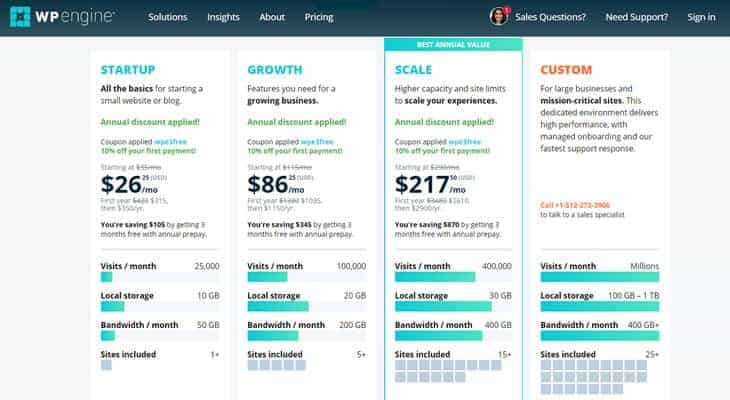
Some of the questions you can ask yourself to achieve this are:
- How much technical assistance would you need?
- Are you comfortable installing and managing web applications?
- What level of access to the server do you require?
- Are you able and willing to invest time and effort into optimization?
- How significant is the impact of website operational cost to you?
These questions and others like it will help you map out the features you may need or want to look for in a web hosting plan. Remember that there is a big difference between ‘need’ and ‘would be useful to have’.
Once you’ve worked out your requirements you will be in a much better position to embark on your quest to find the right plan for your site.
Does Higher Cost Mean a Faster Site?
“If I’m paying more, I should expect better performance right?â€
This is the million dollar question that most website owners will ask when it comes to Managed WordPress hosting.
Unfortunately, the short answer to this is most probably no. In terms of pure performance power, the extra cost associated with Managed WordPress hosting doesn’t necessarily translate into a faster site.
There will be some elements of the managed system that will offer advantages such as WordPress optimizations. At the end of the day though, that price hike you’re paying is is mainly to ease up on some of the technical and administrative upkeep duties from you as a webmaster.
But;
If higher technical performance is what you’re looking for, there are fine-line items that you can look out for in best Managed WordPress hosting. These include;
The type of hosting it is based on – some are simply managed on shared accounts, while others are managed on Cloud or VPS accounts. The latter two will obviously have superior technical performance.
Number of PHP workers – PHP workers handle requests that your site receives. Each PHP worker can handle one request at a time, so the more you have, the more simultaneous requests your site can manage.
Resources available – These are the things that your site needs to use to function. Mostly they involve processing power, memory, and the type of storage space (regular hard drives or SSD).
Conclusion: It Boils Down to Budget
The reality of unmanaged versus managed WordPress hosting is in many cases merely a comparison of convenience. Yes, there are certain areas which can’t be replaced easily such as specific performance enhancing features, but fine tuning can still be done in other ways.
At the end of the day the challenge that many people must struggle with is around the issue of price. Managed WordPress hosting can work out to become a relatively expensive long-term endeavor. Because of this, many people may opt for unmanaged hosting.
What I do want to say is that if your business can afford it, or your site generates enough revenue to cover it, do give managed WordPress hosting a serious thought. Some of the features offered can be very beneficial in the long run and the improved performance may very well pay for the service over time.


